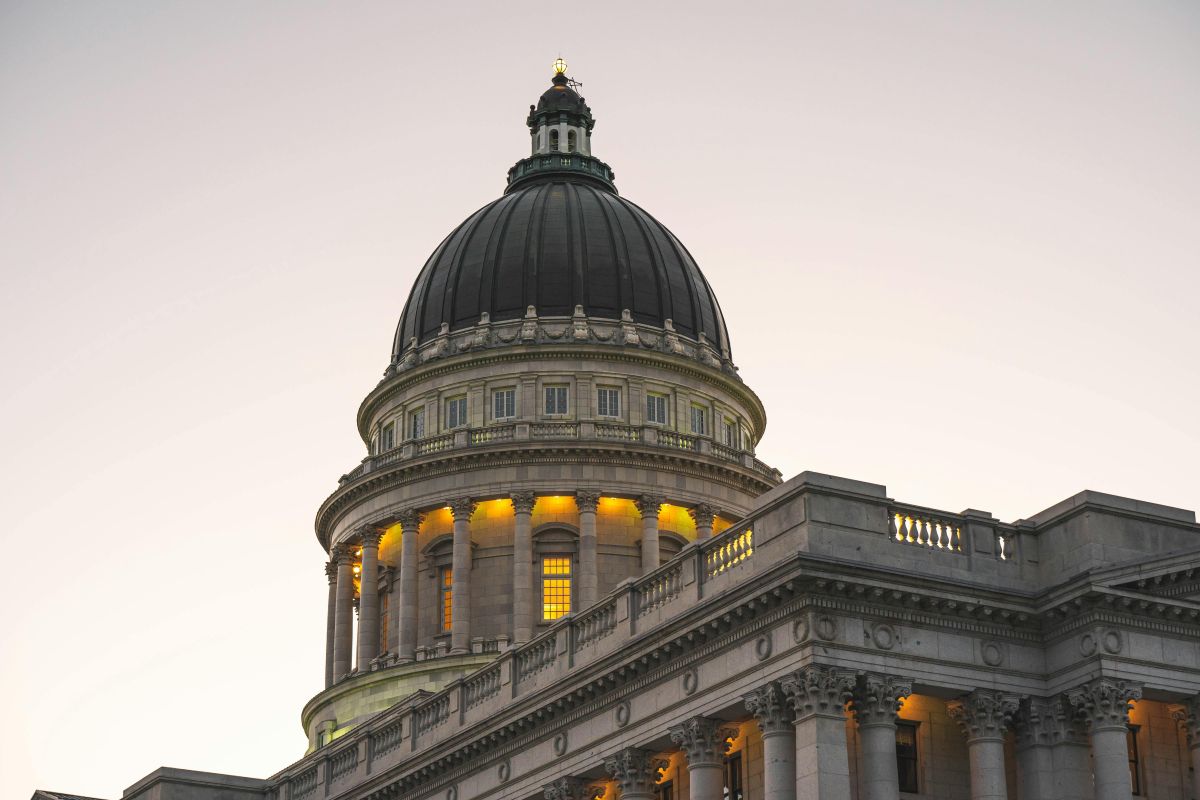State legislatures around the country are reviewing proposed laws that could have a variety of impacts on the collision repair industry.
A House committee in Massachusetts in February gave a thumbs up to H 4412, a bill that calls for establishing a minimum reimbursement body shop labor rate by adjusting the labor rate in effect in 1988 by the rate of inflation since then.
During a House committee hearing in Washington state earlier this year, lawmakers heard testimony for and against HB 2011, a bill that would give policyholders the right to call for an independent appraisal when there’s a disagreement about repair costs. Jeff Butler, a Seattle shop owner who also operates as an independent adjuster through Collison Consulting of Washington, told lawmakers the amounts he helps consumers recover because of underpaid claims averages $7,200.
“That's 78% more than the insurer’s last offer [and] 19% more than on total loss cases…and I won those cases using the insurance company’s umpire,” Butler testified. “This is a pattern and practice in Washington state.”
SB 2745, introduced in Mississippi, would define a “proper repair” as one performed “pursuant to the OEM repair procedures and using OEM or OEM-equivalent parts that have been properly tested…to meet the manufacturer’s specifications.” It would prohibit an insurer from stating or suggesting an insured must use a particular shop, or a shop “identified on a preferred list compiled by an insurer.” It would require these provisions be “clearly and prominently” stated “on the face of the insurance policy.”
The Automobile Body Parts Association (ABPA), which represents manufacturers and distributors of non-OEM parts, submitted testimony opposing the bill, focusing on another portion of the bill, which states, “Restoration of the vehicle to its condition prior to the loss includes repair processes." The bill defines those as “as the explicit processes, tolerances and other technical requirements or instructions for the repair of a motor vehicle…that the motor vehicle manufacturer makes generally available to dealerships, independent repair shops and insurers.” The bill states it does not mandate an insurance company pay for OEM parts “except to the extent that the use of alternate parts would fail to restore the vehicle to its condition prior to the loss.”
The ABPA, however, told lawmakers “any bill language restricting the use of alternative parts, in favor of self-serving repair processes that primarily benefit OEM manufacturers, could lead to a monopolistic environment detrimental to consumers.”
The ABPA also testified at a February hearing in Idaho opposing S 1233, a bill that would add to the required notice on estimates there that include non-OEM parts; that notice would be required to say such parts “may affect the safety and performance of your vehicle,” and recommend “that you consult with a qualified industry expert or repair shop before making any decisions regarding the use of non-OEM crash parts.”
The ABPA also is opposing a Rhode Island bill, H 7264, that would prohibit an insurer from denying the use of OEM parts on vehicles four to six years old if the repairer has written consent from the vehicle owner to install OEM parts. Existing state law there prohibits the required use of non-OEM parts for vehicles up to four years old unless the repairer has written consent from the vehicle owner.
The Automotive Service Association has created a webpage where Oklahomans can quickly send a letter to their state legislators to urge their opposition to SB 1853, a bill that sets limits on charges for tear-down work and storage fees.


















John Yoswick